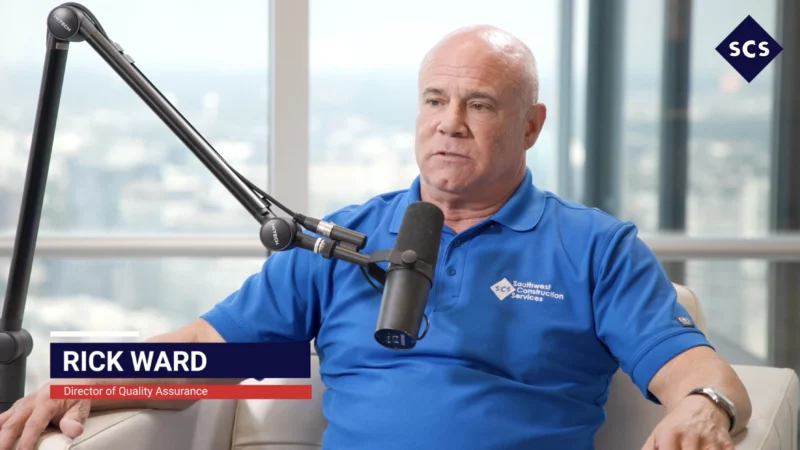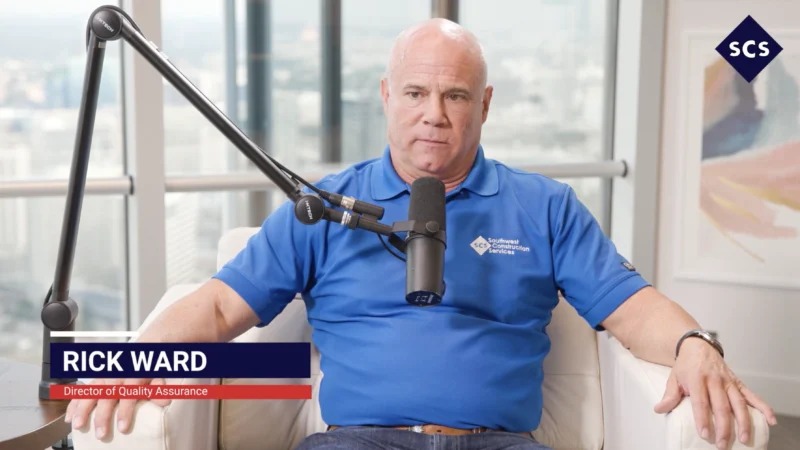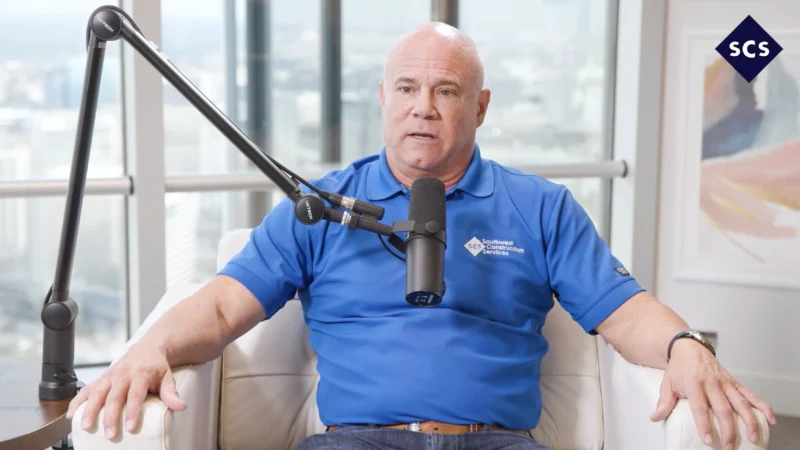How the Project Manager Role has Changed
The modern project manager has changed in recent years as new variables have been introduced, and the world has been in flux. Like many roles, day-to-day schedules have become more hybrid and a project manager has to fill the gap because “You can’t rely on everyone hearing through the grapevine at the office anymore,” said Michael Hovrath, Account Executive at Designed Conveyor Systems. Time calls it “unprecedented opportunity right now to reinvent, to create workplace culture almost from scratch.” We’re examining how one specific role, project management and Designed Conveyor Systems has shifted and new expectations of the role.
Tyler Kern sits down with Program Manager, Michael Horvath, on this episode of On Time In Full, brought to you by Designed Conveyor Systems.
- Successful project managers at DCS are willing to jump in and face challenges head on.
- As the role has shifted to remote and hybrid project managers have to fill the gap and ensure everyone has essential information.
- Communication has always been a key part of the project manager role and knowing what information is pertinent to what groups is a huge part of that.
“Sometimes projects take a turn or we encounter unexpected roadblocks the willingness to just jump in and get gritty, get dirty, and lead your team,” said Horvath. Project managers who approach the job with this mindset are the ones who are most successful and have the best trajectories at Designed Conveyor Systems.
Michael Horvath is a Program Manager at DCS. He started as an intern between his junior and senior year of college at the University of Illinois, college of engineering. Returned full time after graduation, started in a project lifecycle, with spare parts orders and sending clients updated manuals. He collaborated with other PMs in the office and worked his way up the project management ladder. His twelve year career with Design Conveyor System gives him robust insight on the role and recent changes.




